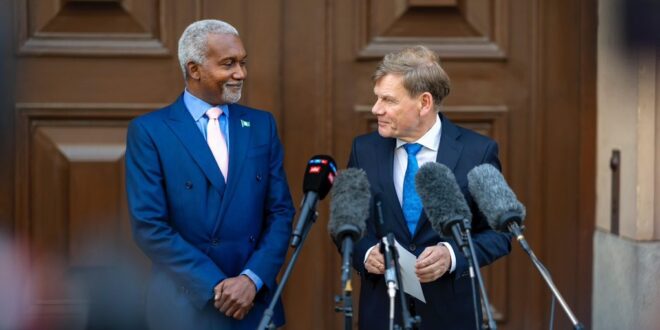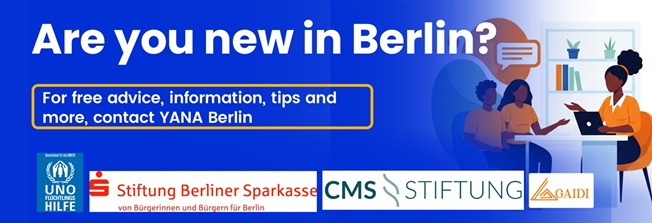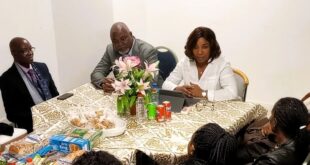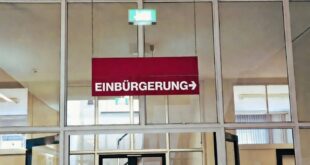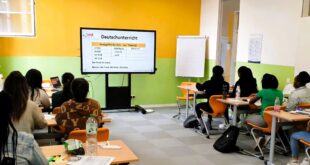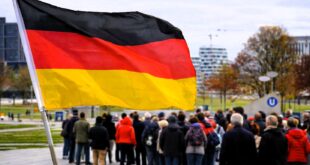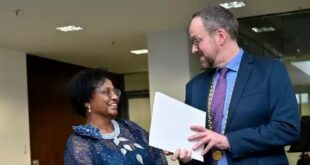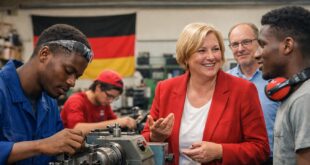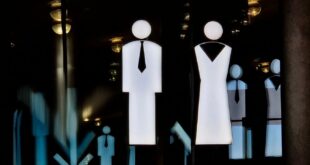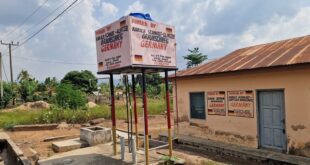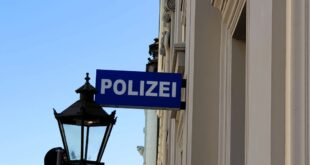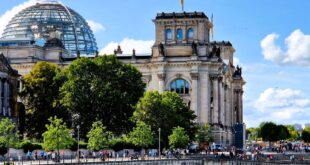Foreign Ministers Yusuf Tuggar and Johann Wadephul have reaffirmed both nations’ commitment to sustainable development, legal migration frameworks and economic cooperation during their meeting in Berlin, as Nigeria seeks to position itself as a vital partner of Germany in Africa
![]()
Nigeria and Germany have reaffirmed their long-standing bilateral relationship with renewed commitments to cooperation across strategic sectors including energy, trade and migration. This was revealed on Friday after Nigeria’s Minister of Foreign Affairs, Ambassador Yusuf Maitama Tuggar, held high-level talks with Germany’s Foreign Minister, Dr Johann Wadephul, in Berlin.
At the heart of the discussions was a shared determination to expand the German-Nigerian Energy Partnership, originally launched in 2008 and strengthened in 2021 with the opening of a hydrogen office in Abuja. Germany emphasized the West African nation’s key role in its green energy transition and pursuit of critical raw materials essential to future technologies.
Minister Tuggar, who was Nigeria’s ambassador to Berlin before his appointment as foreign minister in 2023, highlighted Nigeria’s economic and demographic significance, noting the country’s population of over 220 million is projected to reach 400 million by 2050. “We are not aiming to export people, but to export talent,” he stated, emphasizing Nigeria’s desire to work with countries like Germany on structured solutions for job creation and regular migration.
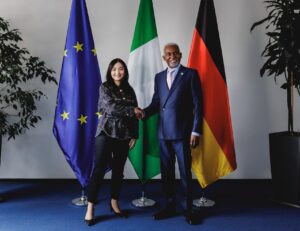
![]()
Germany echoed this vision as Minister Wadephul praised Nigeria as a “key partner in Africa” and called for deeper collaboration on renewable energy, vocational training and economic diversification.
Minister Tuggar, who was in Germany on a working visit, also met other top government officials and leaders of international institutions.
At his meeting with Ms Reem Alabali-Radovan, Germany’s Minister for Economic Cooperation and Development, both countries committed to aligning economic development with mutually beneficial migration frameworks. In a separate engagement with Bundestag member Nicolas Zippelius, who heads the CDU Parliamentary Group on Development Affairs, they explored how legislative support could enhance bilateral development cooperation.
Another notable moment of the visit was Minister Tuggar’s meeting with Prof Lars-Hendrik Röller, founder of the Berlin Global Dialogue, who invited the Nigerian diplomat to participate in the 2025 edition of the prestigious event. Accepting the invitation to the 2025 Dialogue, themed “Recalibrating Global Cooperation in an Age of Disruption”, Tuggar said he looked forward to participating in the conversations.
Foreign Minister Tuggar’s visit marks a new chapter in Nigerian–German relations, underpinned by a shared commitment to sustainable development, economic inclusion and regional stability. The revitalization of the German-Nigerian Binational Commission, the ongoing return of Benin Bronzes and Germany’s support in security training further illustrate the growing multidimensional partnership between the two countries.
Germany considers Nigeria an important partner for advancing regional stability, democratic governance and economic progress in West Africa. In December, President Frank-Walter Steinmeier led a business delegation to Nigeria, reflecting growing bilateral ties.
Sola Jolaoso
 THE AFRICAN COURIER. Reporting Africa and its Diaspora! The African Courier is an international magazine published in Germany to report on Africa and the Diaspora African experience. The first issue of the bimonthly magazine appeared on the newsstands on 15 February 1998. The African Courier is a communication forum for European-African political, economic and cultural exchanges, and a voice for Africa in Europe.
THE AFRICAN COURIER. Reporting Africa and its Diaspora! The African Courier is an international magazine published in Germany to report on Africa and the Diaspora African experience. The first issue of the bimonthly magazine appeared on the newsstands on 15 February 1998. The African Courier is a communication forum for European-African political, economic and cultural exchanges, and a voice for Africa in Europe.

